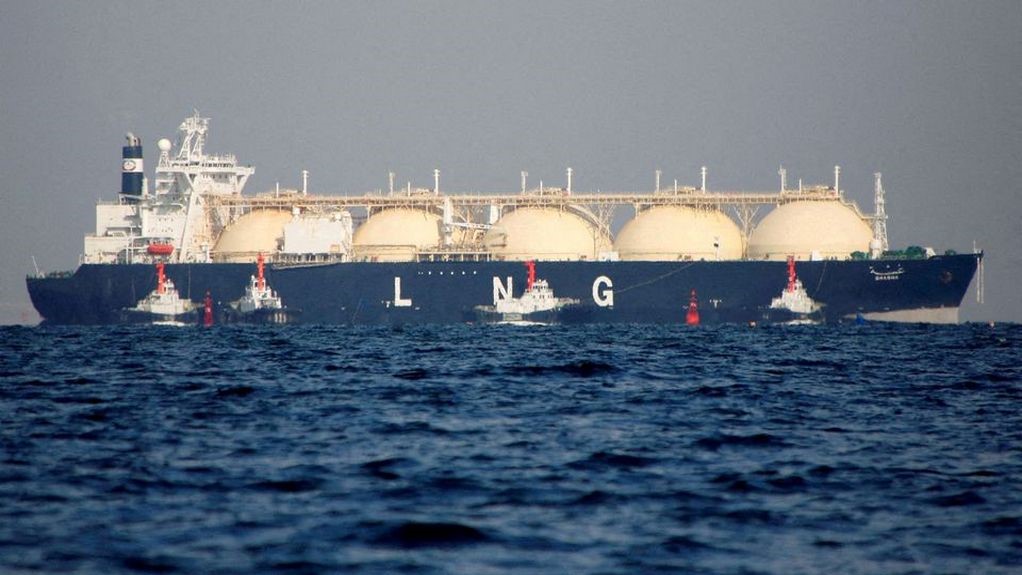Five NGOs – Fossielvrij, Protect our Winters, Dryade, CLAW, and Opportunity Green – have launched a legal challenge against the European Commission, requesting it to review its green investment rules on aviation and shipping.
Opportunity Green said that the EU Taxonomy should act as the standard for informing ethical and sustainable investments. It exists to provide a verified list of green investments to companies, investors, and policymakers while providing huge amounts of private finance to activities that deliver a fair and green transition.
The NGOs argue that, under the shipping criteria, LNG-powered ships could be taxonomy compliant, despite LNG being a fossil fuel which produces methane. According to the statement, there is no scientific evidence for these new criteria, and that they could potentially jeopardise climate mitigation efforts and the EU’s legally binding climate targets.
The new aviation criteria also have weak fuel efficiency standards, Opportunity Green claimed, or are certified to fly on low levels of sustainable aviation fuels, and as such, may be taxonomy compliant.
This challenge is the latest in a series of legal challenges that have been filed against the Commission for bringing fossil fuel-based activities into the Taxonomy under the label of transition activities. The NGOs added that this would just be the first step in the challenge which may lead to court action before the European Court of Justice if the Commission does not address the legal issues raised.
The chilled fuel has its advocates and detractors. One group tout the benefits of LNG in considerably reducing sulphur and particulate pollution and cutting CO2 emissions during fuel combustion, hence arguing that LNG is the only transition fuel available at scale today for reducing shipping CO2 emissions. However, a growing body of literature shows that upstream methane leakage and high methane slip of some LNG-powered engines more than offset the CO2 emission benefits of LNG.
LNG as shipping’s go-to alternative fuel has come under repeated attacks in recent years with Say No To LNG taking its turn last year in attempting to debunk the “myth” that LNG is a climate-friendly marine fuel alternative.
Other names joining the detractor’s team include some giant names like the World Bank which two years ago published a maritime decarbonisation report in which it specifically recommended countries pull back from investing in further LNG bunkering infrastructure.
London’s UCL Energy Institute said in a report in 2022 that as much as $850bn of tonnage is at risk of being stranded by 2030 if the shipping sector continues investing in LNG-capable ships. Similarly, the Intergovernmental Panel on Climate Change has been highlighting of late in far greater detail the harmful effects methane is having on the planet.
Tags: Alternative Fuel, Europe, LNG, Oppurtunity Green



Recent Posts
Report Highlights Pathway for Electrifying Nigeria’s Container Trade Sector
South Korean Company YPP Plans to Invest up to $3.1 Billion in Green Hydrogen Production in Kazakhstan
WattEV Expands Electric Truck Charging Network with Three New Depots in California
Anemoi Develops New Method to Accurately Measure Wind-Assisted Propulsion Benefits
Navigator Holdings and Amon Maritime Form Joint Venture for Ammonia-Fuelled Carrier Fleet
Hygenco Commissions Maharashtra’s First Green Hydrogen and Oxygen Facility to Power STL’s Net Zero Goals
India Invites Second Round of R&D Proposals Under ₹4 Billion Green Hydrogen Mission
BMTC Adds 148 Tata Electric Buses to Bengaluru Fleet, Strengthens Green Mobility Drive